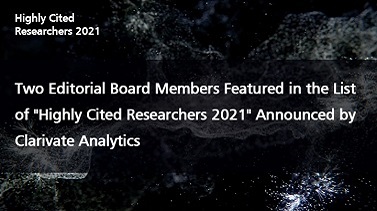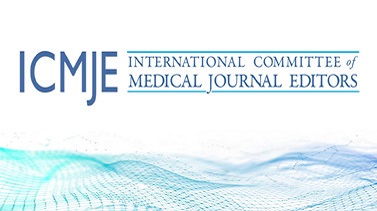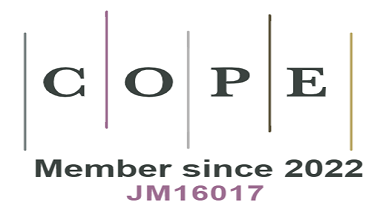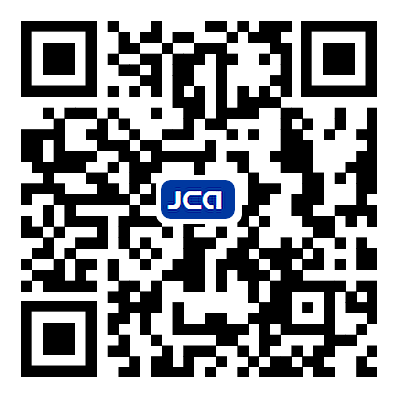Special Interview with Dr. Michael J. Zhang, Youth Editorial Board Member of The Journal of Cardiovascular Aging
In April 2025, The Journal of Cardiovascular Aging (JCA) had the pleasure of interviewing Dr. Michael J. Zhang, a rising leader in cardiovascular medicine and research at the University of Minnesota. Dr. Zhang's expertise lies at the intersection of atrial fibrillation, aging, and translational cardiovascular science. During the conversation, he reflected on his academic path, research philosophy, and perspectives on key advances and emerging opportunities in the field of cardiovascular aging.
Dr. Zhang began by recounting the early inspirations that shaped his journey into cardiovascular research. As an undergraduate, he conducted research in the lab of Dr. Peipei Ping, a renowned cardiovascular scientist, and was mentored closely by Dr. Thomas Vondriska. Their guidance sparked his long-standing interest in cardiology. His clinical experiences during medical school further solidified this passion—especially after meeting an electrophysiologist during his time as an avid cyclist, who introduced him to the complexities and importance of atrial fibrillation (AF).
He emphasized that AF’s high prevalence and relevance to both patients and the general population continue to inspire his research focus. “It’s something that affects nearly everyone—whether patients, friends, or family,” Dr. Zhang noted.
Reflecting on his research training, Dr. Zhang credited his success in grant writing to the mentorship of Dr. Timothy O’Connor and the supportive environment at the University of Minnesota. These experiences provided him with foundational skills in experimental design, hypothesis generation, and manuscript development.
When asked about his engagement with international cardiovascular societies, Dr. Zhang highlighted the invaluable role of both large-scale meetings—like those held by the American Heart Association and the European Society of Cardiology—and smaller, specialized conferences. “Big meetings are important for exposure, but small, focused meetings allow for meaningful one-on-one interactions with leaders in the field,” he explained.
Dr. Zhang also offered practical advice for researchers aiming to publish their work. He stressed the importance of aligning submissions with the scope and audience of the target journal. “We all do science to make an impact,” he said, “and that’s only possible if the right people see your work.”
In discussing AF, Dr. Zhang categorized the field into three domains: prevention, detection, and treatment. He pointed to risk factor modification—particularly alcohol reduction, hypertension control, and obesity management—as key advances in prevention. For detection, he discussed the challenges of intermittent episodes that elude traditional DCG monitoring, as well as the evolving debate around whom to screen and how to act on findings. In treatment, he emphasized two pillars: rhythm management and stroke prevention. He spoke about emerging ablation technologies like pulse field ablation and Vein of Marshall alcohol infusion, along with the promise of novel inhibitors for safer anticoagulation. He also highlighted ongoing efforts to better understand atrial myopathy as a potentially more fundamental substrate than AF itself—a question he is actively investigating.
Looking to the future, Dr. Zhang expressed optimism about the role of JCA in advancing the field. As aging populations grow, the journal is uniquely positioned to disseminate research on how aging affects cardiovascular structure and function—from systemic to cellular levels. He stressed the importance of defining “healthy aging” across biological scales and called for research that distinguishes it from pathological aging.
Finally, Dr. Zhang commented on the transformative potential of artificial intelligence in cardiovascular aging research. Drawing parallels to the impact of AlphaFold in structural biology, he predicted that AI-driven integration of multimodal datasets—spanning clinical data, imaging, and omics—would uncover novel disease mechanisms and guide precision therapies.
Dr. Zhang’s insights reflect a deeply translational and forward-thinking approach to cardiovascular aging. With his commitment to rigorous science and collaborative scholarship, he continues to shape the evolving dialogue around AF and aging in cardiovascular medicine.
Editor: Fiona Zhao
Language Editor: Catherine Yang
Production Editor: Ting Xu
Respectfully submitted by the Editorial Office of The Journal of Cardiovascular Aging










